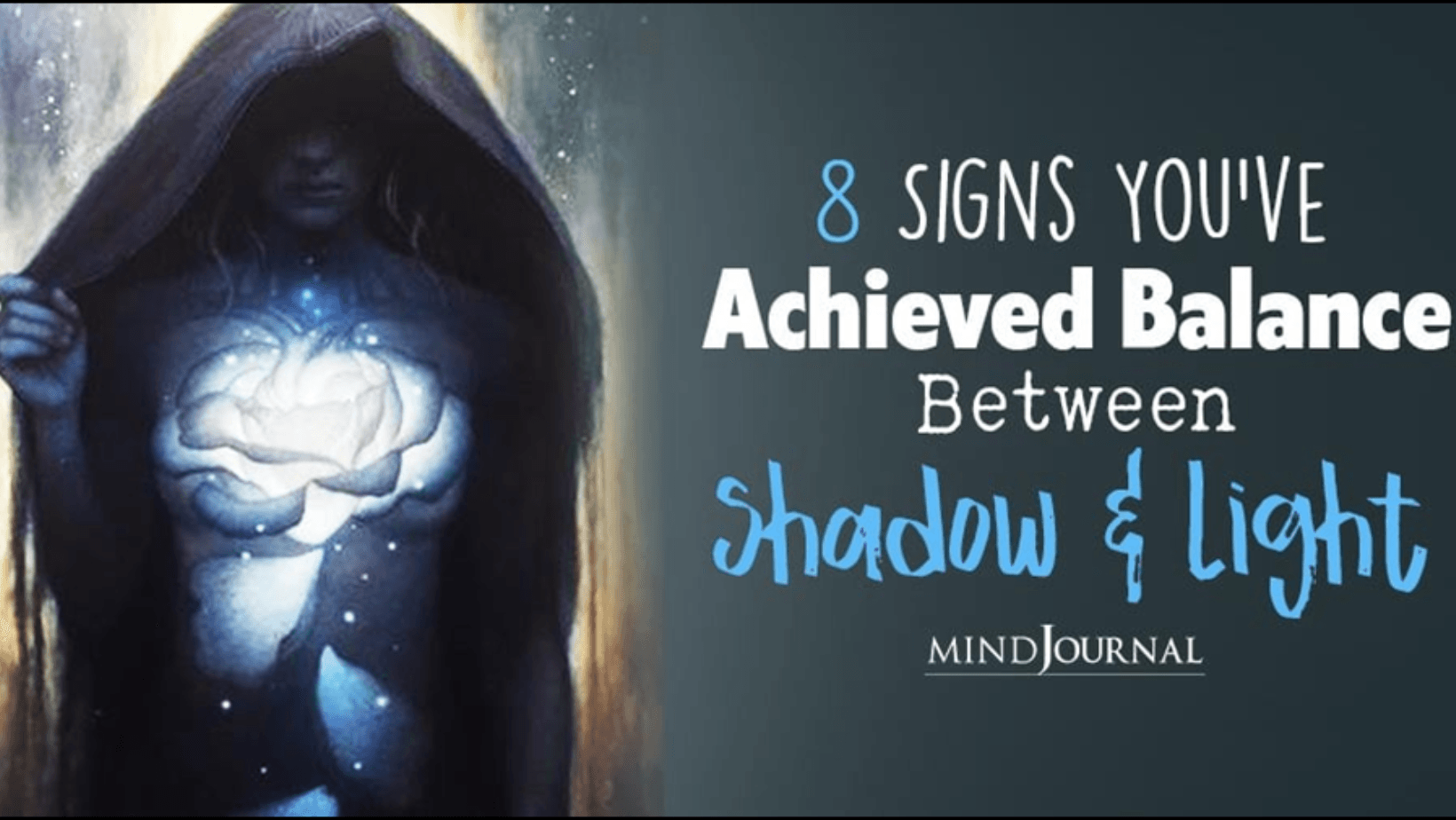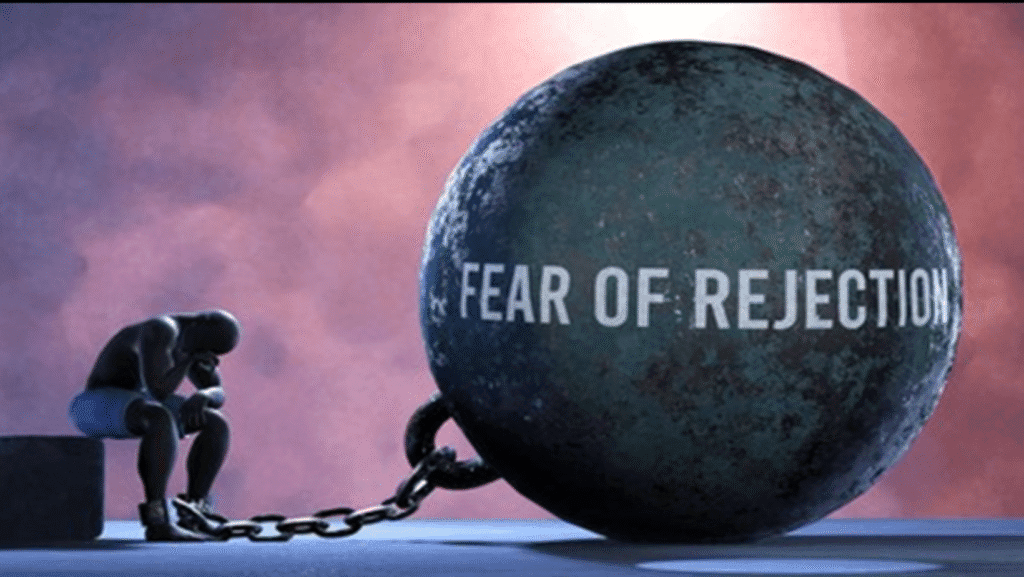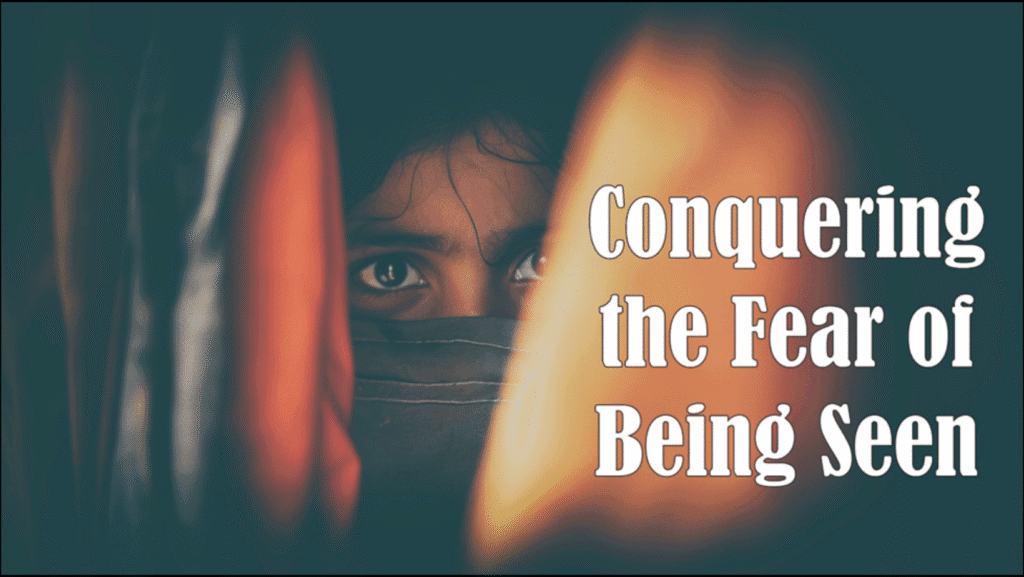
Do you know, all souls have hidden parts? These parts, or shadows, influence how we behave in quiet ways! Most people are afraid of their shadows. However, ignoring them also stops us from inner growth. Healing does not occur unless we begin to look within.
In the Quran, Allah reminds us: “And in yourselves, do you not see?” (Surah Adh-Dhariyat: 21). So, this verse invites us to understand and look into parts of ourselves that are unseen. Now, let’s unveil eight powerful shadows and how to liberate ourselves.
The Fear of Rejection.
The fear of rejection often flies under the radar. It makes us want some sort of validation. We have to please others all the time, and our true self disappears.Also, we no longer hear our voice; we just want love. An emotional mask starts to get heavy over time. The Prophet ﷺ taught us the way to not attach our value to people. So, when he went to Taif to share the message, he was rejected and harmed. He turned to Allah instead of humans. He based his worth on the Divine.
A teenage girl in my case load in a recruiting agency was a writer; thankfully, she was not under a court order. She stopped writing to avoid the judgment of her parents. We processed her fear that rejection was not deadly; she returned to her journaling. The moment she embraced the truth, she started to heal. Hence, when you feel insufficient to stop seeking others’ approval and instead seek Allah’s pleasure and acceptance, you will find your freedom.

The Need to Control Everything
This shadow is often concealed behind perfectionism. It causes you to seek control over people, emotions, and events, and it arises from the dread of mistakes and surprises. It then manifests as stress. You will begin to lose peace over relatively minor things. However, Islam has a profound concept: surrender. Only Allah is in control. Allah is Al-Qadeer, the All-Powerful.
Consider Musa عليه السلام. He had nothing to control when he fled from Pharaoh. He trusted Allah completely. In that moment of complete trust, the sea parted. So, let go of the need to control. Let go of the need to control and say: “I trust Allah over my plan.” So, let surrender overcome the fear of losing control.
Read more: Toxic Positivity: Why It’s Not Always Good
The Deep Shame Within
Shame tells you that “you are not enough.” It lives in silence, behind false smiles. You cover up the truth so you can be accepted, but your soul feels insignificant. This shame is not from Allah.
A woman who committed zina once came to the Prophet ﷺ. She did not conceal her action and sought purification. Her truth was the most powerful step to being more whole again. Shame dissolves when illuminated; so everyone should speak to someone in a safe space. It could be in therapy, or it could be your sister. So, speak. Truth heals the heart.
The Shadow of Jealousy
Jealousy robs you of peace from within. It lurks behind courteous smiles. It captures the success of others as sorrow for yourself. In fact, the Quran warns, “And do not wish for that by which Allah has made some of you exceed others.” (Surah An-Nisa: 32). Jealousy clouds the soul, whilst gratitude brings it to light.
Iblis lost to jealousy. He could not accept Adam’s honor; he therefore rebelled. That one moment cost him his eternity. You have the choice to respond differently. So, be happy for someone receiving what you want. Accept that Allah can also bestow what you seek. You can say, “O Allah, give them more, and give me more too.” It is the heart of someone with a free soul.
The Shadow of Repressed Anger
This shadow lies underneath politeness. You’re fine, but you feel broken on the inside. Repressed or rejected anger creates headaches and stomach problems; your very being cannot go against its nature. Islam does not ask you to suppress anger. Islam teaches you how to control it.
Ali رضي اللهعنه stopped himself in the middle of a battlefield. And, when the enemy spat on him, he walked off the battlefield.
He had no self-inflicted ego to resolve it. A chronic angriest developed ulcers because of his bottled anger. Once in therapy, he learned to vent all his feelings safely, and he significantly improved his health. Speak your truth gently and with clarity. If not, you increase the pain of your already bottled-up concentrated suffering.
The Shadow of Victim Consciousness
“Why always me?” is the dictate of this shadow. You feel as if you are stuck, helpless, and hopeless — it is always someone else’s fault – you feel powerless. However, you might be justified in feeling that way, but that is not how Islam wants you to feel. You are called to a higher calling. Yusuf عليه السلام was betrayed by his brothers, sold into slavery, and imprisoned. He had no reason to make a comeback, but he still forgave them and became a ruler.
Pain did not defeat him — it built him. Don’t let ‘being a victim’ take your spirit away — you can take stock and decide that you will rise from victimhood to heroism. Choose heroism — “I choose responsibility instead of blame.” So, take some kind of small action every day. You are not powerless; in fact, you become powerful again only when you connect back to Allah.

The Fear of Being Seen
This shadow holds you small. You’re afraid of failure and judgment, and so you hide your gifts. You just stay silent. So, Allah gave them to you to be used, hiding benefits from no one. The Prophet ﷺ stood atop Mount Safa. He was bold; he spoke publicly and openly. People always mocked him; that didn’t stop him.
Your light was not meant to be hidden. Your voice can bring healing to others. Begin small. Share a thought on social media, a single idea or moment. Every action you take diminishes fear. So, the process is steady, and remember, Allah doesn’t care if anyone else sees it either.
Read more: Overthinking Blocks Intuition—Break Free
The Shadow of Unforgiveness
Unforgiveness makes the heart heavy. The pain the other person caused, forgetting that you are carrying it.
Abu Bakr رضي اللهعنه at one point stopped supporting Mistah after what he had done to Aisha رضي اللهعنها, who was slandered by Mistah. It wasn’t until Allah revealed the verse to him — “Do you not wish Allah should forgive you?” (Surah An-Noor: 22) — That he forgave him. Stronger is in release. Forgiveness is for your peace, not theirs. So forgive — not for others, for the peace in your soul.
Concluding Thoughts
In conclusion, you are not stuck – only being invited to grow. Each shadow you encounter contains a lesson.Furthermore, these shadows are not meant to punish you. They display a chisel, a reformation, a path to light. Your ego may not go willingly. So, your nafs may recoil, pause, and delay. But your soul is asking for freedom.
hence, release who you pretend to be. Go back to the One who created you. He loves the genuine, unvarnished, broken version of you. Rumi once said, “The wound is the place where the Light enters you.” So do not run from your pain. Hence, face it, heal it, and let your light rise.



Leave a Reply